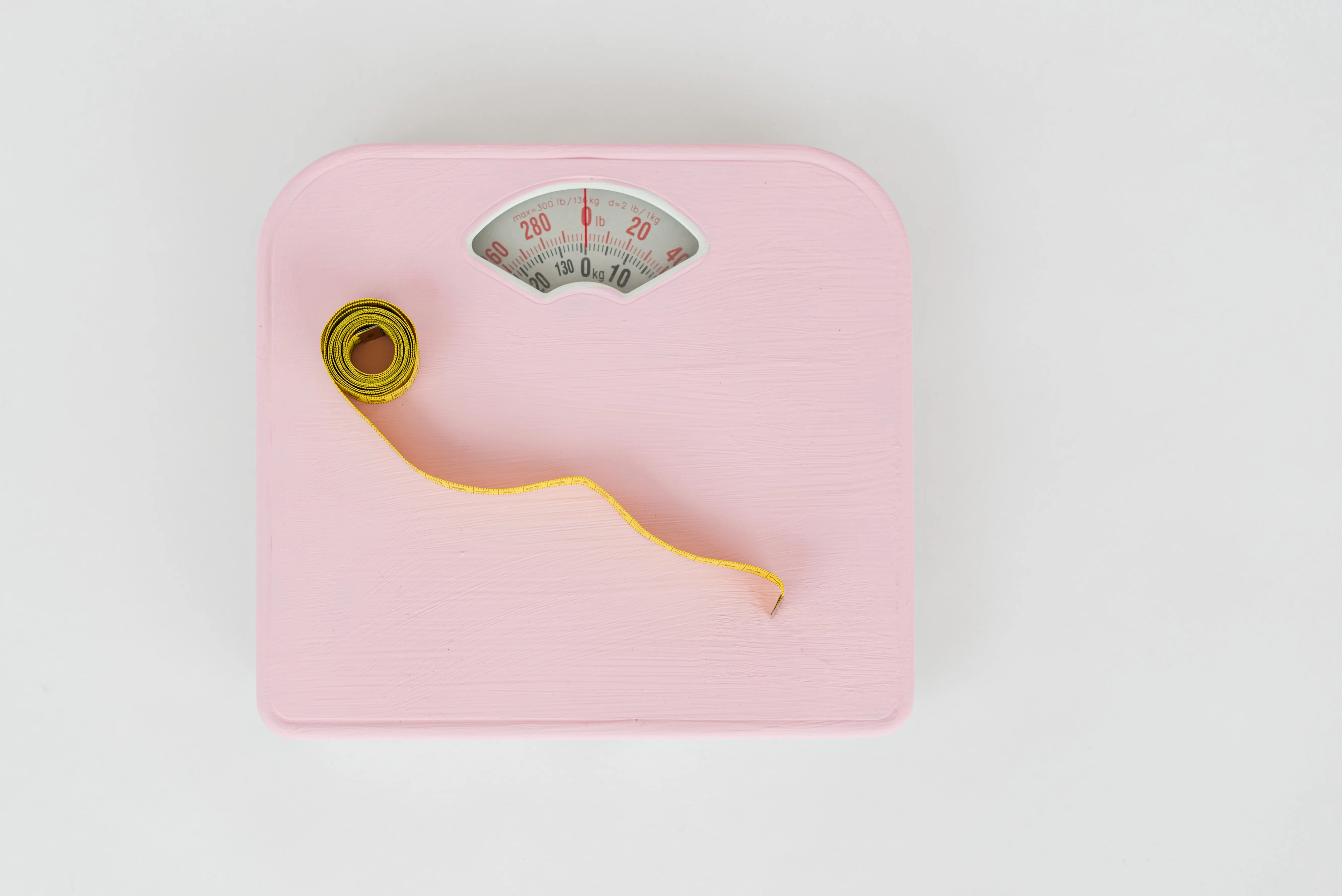
9 Weight Loss & Healing Tips
Eating the right foods is vital for your health. Try to cut down on fat and increase fiber in your diet. There are many ways you can get more fiber. You can also start by cutting back on portions. If you're not sure what the right foods are for you, try consulting a nutritionist or dietitian. They will be able to tell you what you should eat. In addition to eating the right foods, you should also talk with your doctor before embarking on a weight loss plan.
Avoiding quick-fix diets
Weight Loss Tips include avoiding quick-fix diets and eating slower. It's also important to drink plenty of water before meals. You'll also want to avoid calorie-laden salad dressing. Healthy snacks include nuts, seeds, and avocado. However, even the most healthy snacks can add up to a lot of calories. Be sure to track your total daily calorie intake. Also, keep your freezer stocked with healthy meal back-ups, like bean chili. These can be a lifesaver when you don't have time to prepare a healthy meal.
Avoid quick weight loss schemes
If you want to lose weight, you should stick with a slow and steady diet, reducing your caloric intake in small amounts. Even a small reduction of 10 to 20 pounds can make a noticeable difference in your health and overall well-being. A healthy weight can increase your mobility and self-esteem. Furthermore, a healthy body weight can lower your risk of early death.
Try to slow down eating
It may be difficult to slow down your eating, but it can help you lose weight in many ways. Studies have shown that this practice increases digestion and nutrient absorption, and also increases our overall sense of satisfaction. Eating mindfully can also improve your mood and increase your energy levels.
The key is to recognize when you are full. When you are satisfied, you no longer feel hungry or want to eat. If you feel stuffed or stretched out, then you are full. However, it's important to remember that slowing down before a meal may be more difficult than you think.
If you're a fast eater, try to slow down your eating pace to avoid overeating. When you eat more slowly, you're more satisfied and will eat less. Also, this technique can help you digest your food and hydrate your body.
Drink water before you eat
Drinking water before meals can curb your hunger and prevent overeating, which is a great idea for losing weight. Water contains no calories, making it a great replacement for other beverages that are high in sugar and calories. According to a study published in Clinical Nutrition Research, people who drank water before meals ate fewer calories while still feeling as full.
Researchers at the University of Birmingham looked at 84 people. The average age was about 56, and half of the participants drank 16 ounces of water before each meal. Those who drank water before meals lost an average of 2.7 pounds more weight than those who didn't. The researchers also monitored the amount of water they drank and monitored their urine to see how much water they consumed.
Water also has many other benefits, from reducing stress levels to helping you lose weight. It can reduce your calorie intake at mealtime because it provides a feeling of fullness, which reduces the amount of food you eat to achieve satiety. Plus, by drinking water instead of empty calorie drinks, you can save up to 100 calories a glass.
Eat less fat
Increasing the amount of protein in your diet is an excellent way to reduce the amount of fat you consume. It also increases your feeling of fullness and helps you keep the food you eat in your stomach. Protein-rich foods should be consumed on a regular basis, and it is also important to choose lean sources. Avoid trans fats (partially hydrogenated oils), which are found in many foods. These fats can raise your levels of bad cholesterol and lower your levels of good cholesterol.
While healthy fats are important for our overall health, we shouldn't cut them out completely. We need to balance the kinds of fat we eat with the other nutrients in our diet. You should also increase your fibre intake and limit processed meat. This way, you can still enjoy the benefits of a nutritious diet without compromising your health.
Eat more fiber
Fiber is an essential part of a healthy diet and plays an important role in the body's physical processes. It helps you feel full sooner, maintains a healthy heart, and can even help you lose weight. Unfortunately, many people neglect to include enough fiber in their diet, and as a result, aren't reaping the full health benefits it can bring.
Fiber can come in a variety of forms. Some fiber is soluble, while others are prebiotic. You can get these nutrients from plant foods or from supplements. However, make sure to consult your doctor first if you are unsure how much fiber to take. Supplements may contain artificial ingredients and added sugars.
Healing: Proper Sleep, Staying Mindful and Meditation
In addition to following a good diet, one of the Best Healing Tips is to get high quality sleep. The more sleep you get, the faster your wound will heal. Also, try to slow down your down-eating habits. Staying Mindful through Prayer and meditation can also help. All of these things are crucial to promote healing.
High quality sleep for healing
Getting a full night's sleep is essential for your health and your healing process. Not only does a good night's sleep improve your mood and alertness, it also helps your body heal wounds faster. For a long time, the benefits of a good night's rest were only associated with good nutrition, but now it is known that sleep is just as important for repairing injuries and guarding against infection.
Sleep is an essential part of the recovery process from an injury. It allows the body to produce proteins that serve as the building blocks for new cells during the healing process. A full night's sleep will allow your body to repair itself, as well as make new cells. This process can take several days, so it's essential to get enough sleep to speed up your healing process. This article is updated on December 18, 2020. It is best to check with your health professional or local doctor before you start your sleep program.
Stay Mindful through Prayer
During healing, it's important to stay mindful and to practice the benefits of meditation and prayer. These practices can help you focus your attention on a particular object, mantra, or image. They also help you reduce distractions by relaxing your breathing. Focusing on breathing deeply and evenly, while using the diaphragm muscle to expand your lungs, slows down your breathing, and reduces the use of upper chest and shoulder muscles.
Stay Mindful through Meditation
Mediation allows you to focus on the present moment without distractions or thoughts. It allows you to feel calmer and more connected to yourself and to God. While practicing meditation, you can also be aware of your feelings and emotions. It also allows you to let go of old and limiting beliefs. Mindfulness training has been shown to change the way our brains work, and researchers have confirmed that meditation increases mindfulness.
Copyright © 2022 - http://www.AATonic.com - All Rights Reserved.
This site is not a part of the Youtube website or Youtube Inc. Additionally, This site is NOT endorsed by Youtube in any way. YOUTUBE is a trademark of YOUTUBE, Inc.
This site is not a part of the Facebook website or Facebook Inc. Additionally, this site is NOT endorsed by Facebook in any way. FACEBOOK is a trademark of FACEBOOK, Inc.
FDA Compliance
The information on this website has not been evaluated by the Food & Drug Administration or any other medical body. We do not aim to diagnose, treat, cure or prevent any illness or disease. Information is shared for educational purposes only. You should always consult your doctor before acting on any content on this website, especially if you are pregnant, nursing, taking medication, or have a medical condition.
